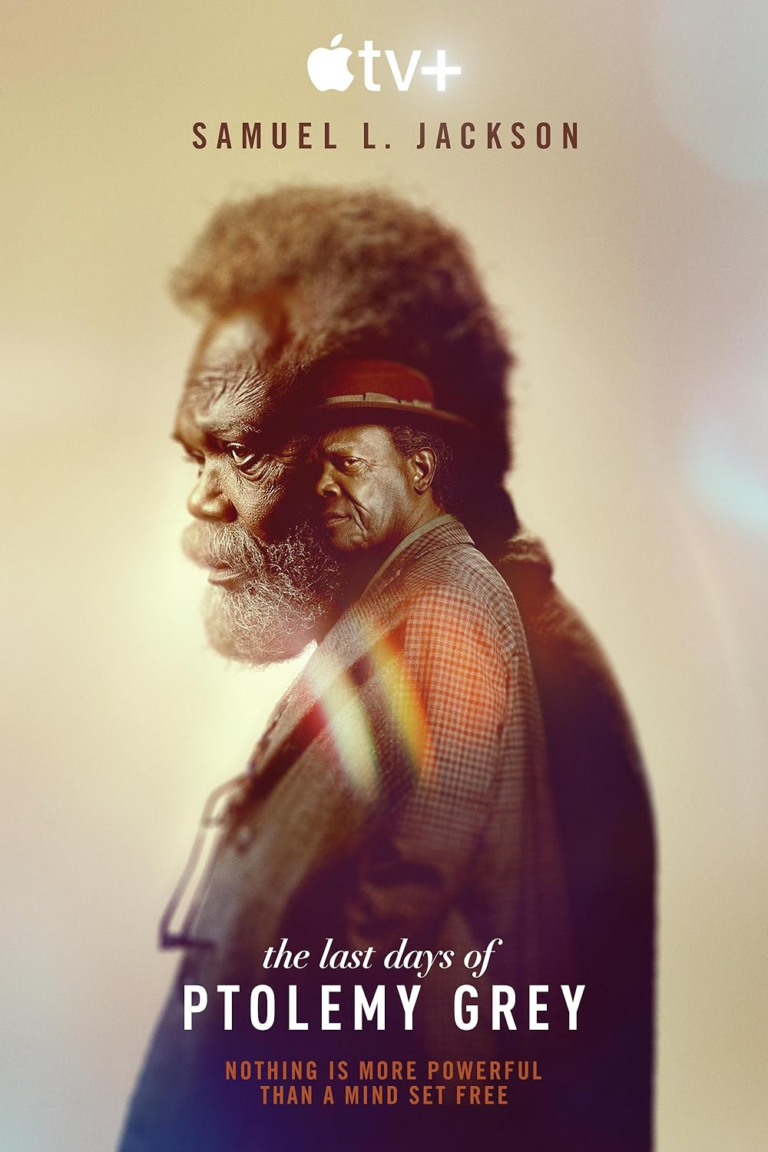1971: The Year That Music Changed Everything Christian Review

There’s a saying about certain years feeling like a hinge — a moment where the world tilts and history moves with unmistakable momentum. For music, 1971 was one of those hinges. Apple TV+’s 1971: The Year That Music Changed Everything dives headlong into that chaotic, creative swirl of a year, taking viewers through a time when music wasn’t just entertainment. It was a megaphone, a diary, a rallying cry. Watching it, you’ll feel the pulse of a generation struggling, singing, and screaming to make sense of itself. But as a Christian, it’s hard not to watch with a dual lens — part admiration for the artistry, part critique of the spirit that sometimes drove it.
The Soundtrack of Upheaval
From the very first scenes, you’re hit with the rawness of it all. Tear gas streaks the air at Kent State. Students lie bleeding, while Neil Young’s haunting “Ohio” echoes in the background. It’s visceral. It’s emotional. The footage is a gut-punch reminder that the world of 1971 was far from settled. Vietnam raged. Civil rights battles simmered. The counterculture was in full swing, and people were looking for answers — or at least trying to scream their frustrations into the void.
This is where the series shines. It stitches together a quilt of protest, reflection, and rebellion, all threaded with music that feels like it still matters. For Christians, this aspect of the documentary can strike a chord. There’s a biblical truth in how art often becomes the voice of the voiceless. Just like the psalmists cried out to God in raw honesty, artists of 1971 poured their souls into lyrics and melodies that captured their fears, anger, and hopes.
Beauty, Brokenness, and the Human Longing
Yet, for all its beauty, there’s an undercurrent of brokenness. The series captures that too, perhaps unintentionally. Many of these musicians were not just chronicling their times; they were living on the edge of chaos themselves. Addiction, fractured relationships, and an almost frantic search for purpose defined much of this era. Watching this, you can’t help but see the deep longing for something more — a truth, a resolution, a healing that the music, as powerful as it was, couldn’t fully deliver.
Take Joni Mitchell, for example. The documentary explores her incredible ability to craft songs that felt like open-heart surgery — intimate, raw, vulnerable. Her music is breathtaking, but it’s also steeped in a kind of melancholy that feels eternal. It’s the human condition, isn’t it? The ache for connection and meaning. For Christians, this ache points to the Creator — the One who placed eternity in our hearts and who alone can fill that void.
A Messy Narrative for a Messy Year
If there’s a flaw in 1971: The Year That Music Changed Everything, it’s the way it sometimes feels unmoored. The filmmakers don’t stick to a clean timeline, instead bouncing around events and artists with little regard for strict historical accuracy. Led Zeppelin is missing entirely. “American Pie,” arguably the anthem of the year, doesn’t even get a mention.
And yet, maybe that’s fitting. 1971 wasn’t a neat year. It was messy and chaotic, full of contradictions and overlaps. Still, the omission of key figures and songs feels like a missed opportunity. Led Zeppelin, for all their excess and debauchery, was an undeniable force in rock. “American Pie” captured the disillusionment of a generation in a way that few songs could. Their absence leaves a noticeable gap in what’s otherwise a breathtaking curation of music and culture.
Music as a Mirror
What 1971 does well — really well — is show how music reflects its times. The archival footage is stunning, not just for its clarity but for its context. You see Marvin Gaye wrestling with the soul of America in What’s Going On. You watch The Rolling Stones, fresh from the chaos of Altamont, trying to find their footing in a world that was spinning too fast. The juxtaposition of audio interviews and images creates a sensory experience that feels immersive.
For a Christian viewer, though, there’s always the question: What’s being reflected here? Music, as a mirror, doesn’t just show us what’s beautiful; it often shows us what’s broken. The 1970s counterculture wasn’t shy about its rejection of authority — including, often, spiritual authority. There’s a rawness to that rejection, but there’s also a tragedy in it. The cries for peace, love, and understanding are beautiful, but without the foundation of truth, they often feel hollow, like seeds scattered on rocky soil.
The Tension of Art and Morality
One of the trickiest things about 1971 is how it asks you to navigate the tension between celebrating creativity and critiquing its message. As a Christian, it’s tempting to want art to always align with biblical values. But art isn’t that simple, and neither is humanity. Watching this series, you’re reminded of how God uses even the most unexpected voices to speak to us.
Take John Lennon’s “Imagine.” The documentary highlights it as a cornerstone of the year. Its message is deeply humanist, almost defiantly so, yet it resonates with millions because it taps into our collective longing for a world without pain, war, or division. Christians know that such a world isn’t possible without Christ, but the song still stirs something deep because it dreams of restoration — a dream we all share, even if we see its fulfillment differently.
A Trippy, Thought-Provoking Ride
For all its imperfections, 1971: The Year That Music Changed Everything is a remarkable series. It’s visually stunning, emotionally gripping, and musically rich. The mix of rare footage and interviews creates a kaleidoscopic experience that’s part history lesson, part nostalgia trip.
But it’s not just for music fans or history buffs. It’s a series that invites reflection, even from a spiritual perspective. It reminds us of the power of art to capture a moment, to challenge us, and to make us think. And it shows us, perhaps inadvertently, how desperately the world needs the hope and truth that only Christ can offer.
Final Thoughts
1971: The Year That Music Changed Everything isn’t a perfect documentary, but maybe that’s the point. 1971 wasn’t a perfect year. It was messy, passionate, flawed, and full of yearning — much like the music it produced.
As Christians, we can watch this series with both gratitude and discernment. Gratitude for the beauty and creativity that God has gifted humanity, and discernment for the messages that sometimes lead us away from Him.
If you’re a fan of music, history, or just exploring the human spirit, this series is worth a watch. Turn the volume up. Let yourself be moved. But don’t forget to filter it all through the lens of truth.
Rating: 7/10. Compelling, thought-provoking, and imperfect — much like the year it chronicles.






